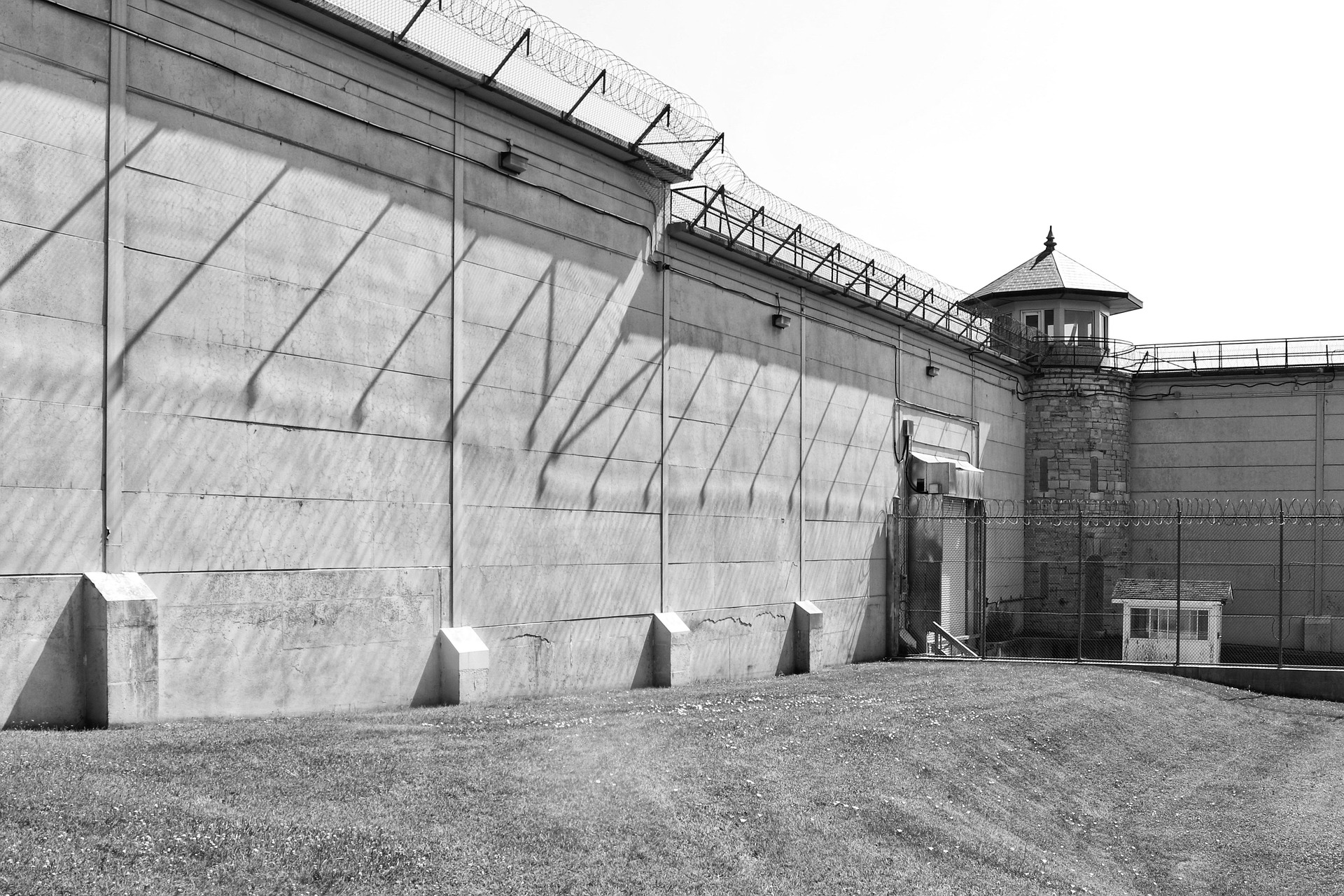The Transformation of Whistleblower Protections: An Examination of Legal Developments
Introduction: Whistleblowers have played a pivotal role throughout history, often at great personal risk. This article delves into the transformation of whistleblower protections, examining key legal developments, recent legislative changes, and their implications on society.

A Historical Overview of Whistleblower Protections
The concept of whistleblowing, or revealing misconduct within an organization, has existed since the founding days of the United States. However, it was not until the 1860s that the first legal protection for whistleblowers was enacted. The False Claims Act, passed during the Civil War, allowed citizens to sue on behalf of the government if they knew of fraud being committed. Although this was a significant milestone, comprehensive protection for whistleblowers would take another century to materialize.
The Whistleblower Protection Act of 1989
The Whistleblower Protection Act of 1989 marked a significant step towards safeguarding whistleblowers. The Act prohibited retaliation against federal employees who disclosed information that they believe showed wrongdoing or abuse of authority. However, the Act had several shortcomings such as lack of effective enforcement mechanisms and narrow scope of protected disclosures, which led to calls for reform.
Recent Legislative Changes: The Whistleblower Protection Enhancement Act
In response to these criticisms, Congress passed the Whistleblower Protection Enhancement Act in 2012. This Act expanded the types of disclosures protected under the law, clarified the definition of a protected disclosure, and improved enforcement mechanisms. However, the Act still did not extend protection to whistleblowers in the intelligence community.
The Intelligence Community Whistleblower Protection Act
Recognizing the unique risks faced by whistleblowers in the intelligence community, Congress enacted the Intelligence Community Whistleblower Protection Act in 1998. Despite its name, the Act did not actually provide protection against retaliation. It merely provided a process for whistleblowers to report concerns to Congress. This gap was later addressed in 2014 with the passage of the Intelligence Authorization Act, which provided explicit protections against retaliation for intelligence community whistleblowers.
Implications and Impact on Society
These legal developments have had profound implications on society. They have encouraged more individuals to come forward with information about wrongdoing, leading to greater transparency and accountability. They have also sparked debates about the need to balance transparency with national security concerns, a conversation that continues to evolve in light of ongoing legal and policy changes.
In conclusion, the journey towards comprehensive whistleblower protections has been a complex and ongoing process. The laws have evolved significantly, reflecting societal values and the need for accountability. Despite these advancements, it is crucial to continue examining and refining these laws to ensure they effectively serve their intended purpose.




